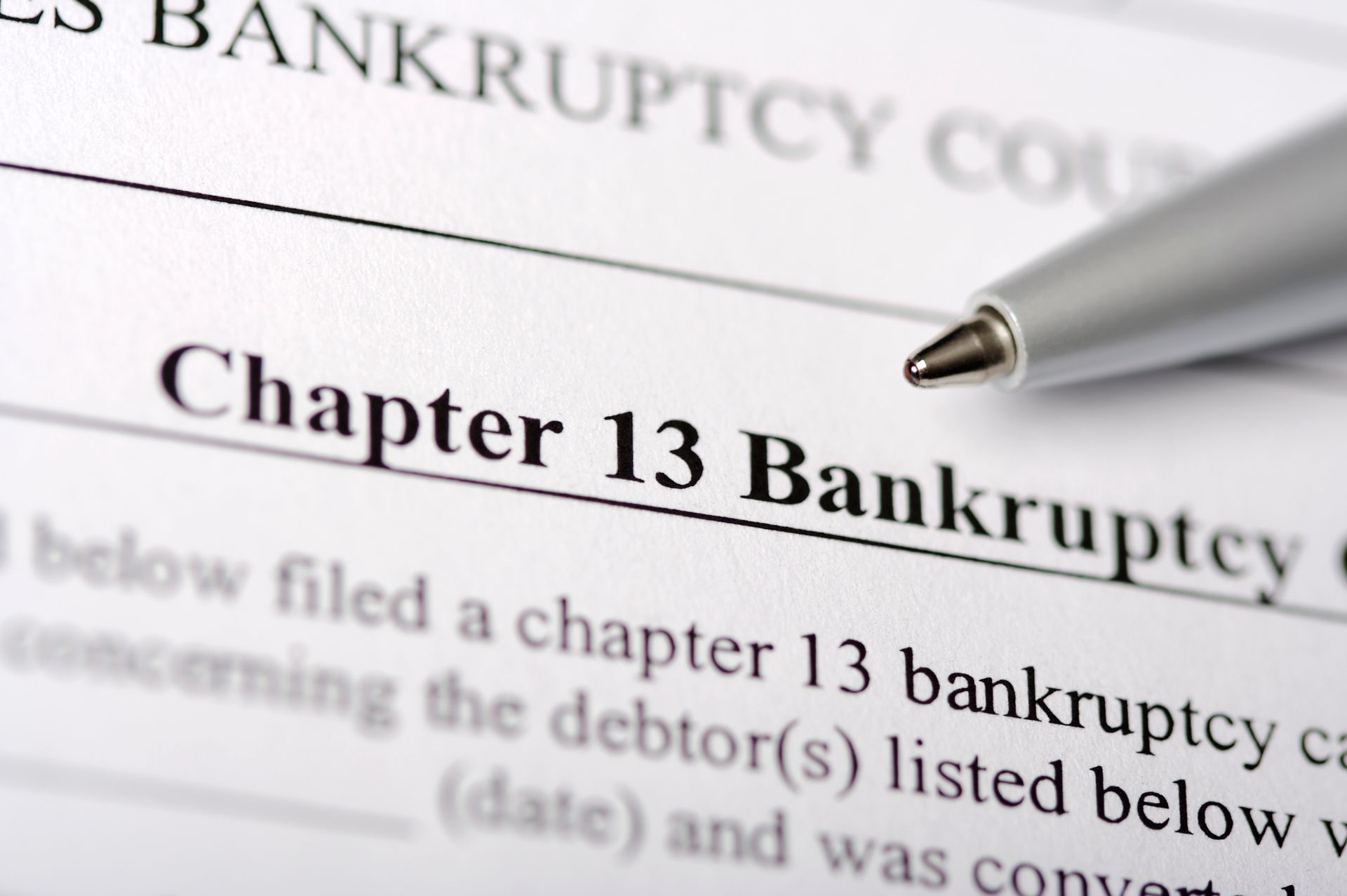Bankruptcy, Morality and the Bible
Many individuals experiencing debt problems have deep moral or religious concerns
regarding filing for bankruptcy. Consolation may be found in understanding a good deal
of our modern bankruptcy laws evolved directly from the teachings of the bible.
The "seven year rule" respecting the discharge of debts stems from the "Lord's Release"
in the bible. In Deuteronomy, it was mandated that debts be forgiven every seven years,
regardless of a person's circumstances. Deuteronomy 15: 1-3 ("At the end of every seven
years you shall grant a release. And this is the manner of the release: every creditor shall
release what he has lent to his neighbor or his brother, because the Lord's release has
been proclaimed".)
Congress codified this biblical provision in the Bankruptcy Act of 1938 whereupon an
individual could receive a discharge under Chapter 7 bankruptcy once every seven
years. It has been changed twice since and is now eight years. Congress actually chose
the number "7" to assign to "Chapter 7" of the Bankruptcy Code out of respect for the
biblical precepts.
The seven year rule is again proclaimed in Exodus 21:2. The Old Testament also made
provisions for debt forgiveness as the year of Jubilee wherein debts were to be forgiven
every 50 years. Leviticus 25:10-13.
The New Testament reinforces the principles of debt forgiveness. The Lord's Prayer as
taught by Matthew provides that we seek to "Forgive our debts, as we forgive our
debtors." Mathew, 6:12. The importance of debt forgiveness is reinforced in Mathew 18:
21-35. Jesus promoted debt forgiveness when he punished the "money changers"
(lenders) by removing them from God's temple. John 2:14-21. Jesus also said that for
those who lend and expect nothing in return, their "reward shall be great." Luke, 6:34-
35.
In bankruptcy, we have codified exemptions to prevent certain assets from being seized
by creditors. Many of these modern exemptions also stem from the Bible. For instance,
we have exemptions for: 1) necessary wearing apparel. Exodus, 22:26-27;
Deuteronomy, 24:10-13; 2) tools of the trade. Deuteronomy 24:6; and 3) wages earned,
but not yet paid. Deuteronomy 24:14-15, 17; Leviticus, 19:13.
Finally, the Bible is replete with provisions showing compassion for debtors and
admonishing heavy handed tactics from creditors. Deuteronomy, 15:7-10 (If a man is
poor, do not be hardhearted or tightfisted toward him.); Psalm 15:5 (A righteous man
lends money without "usury" - the charging of interest on a debt.); Deuteronomy 23:19
("Thou shall not lend upon usury to thy brother."); Nehemiah 5:3-13 (pursuing relief
from enforcement of mortgages on the homes and possessions of the Jews); Exodus,
22:25, Ezekiel, 18:13, 22:12, Leviticus, 25:35-36, Psalm: 15:5 (condemning the practice
of usury).
In some form or another, all major religions, including Christianity, Judaism, Hinduism
and Islam prohibit usury by lenders while promoting compassion for debtors. Similarly,
all religions value family preservation far more than repayment of debts.
If you are confronting a moral dilemma with the prospects of seeking relief from your
debts through bankruptcy, you may find great solace in the Bible or through prayer. A
trusted minister or spiritual advisor is often a great source to turn to for a second opinion.
The positive reinforcement can be truly uplifting.
Free Consultation With a Lawyer
Contact us today for more information about your debt reduction options. We have
offices in Carbondale, Marion and Mt. Vernon, Illinois, to serve you. Evening and
weekend appointments are available.
We are a debt relief agency. We help people file for bankruptcy relief under the
Bankruptcy Code.
















